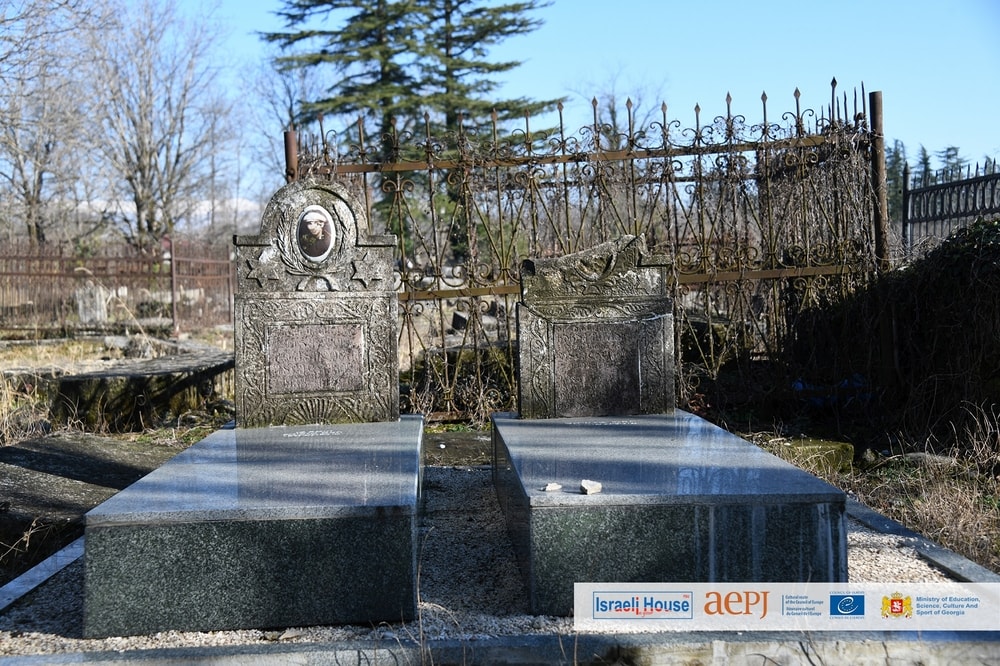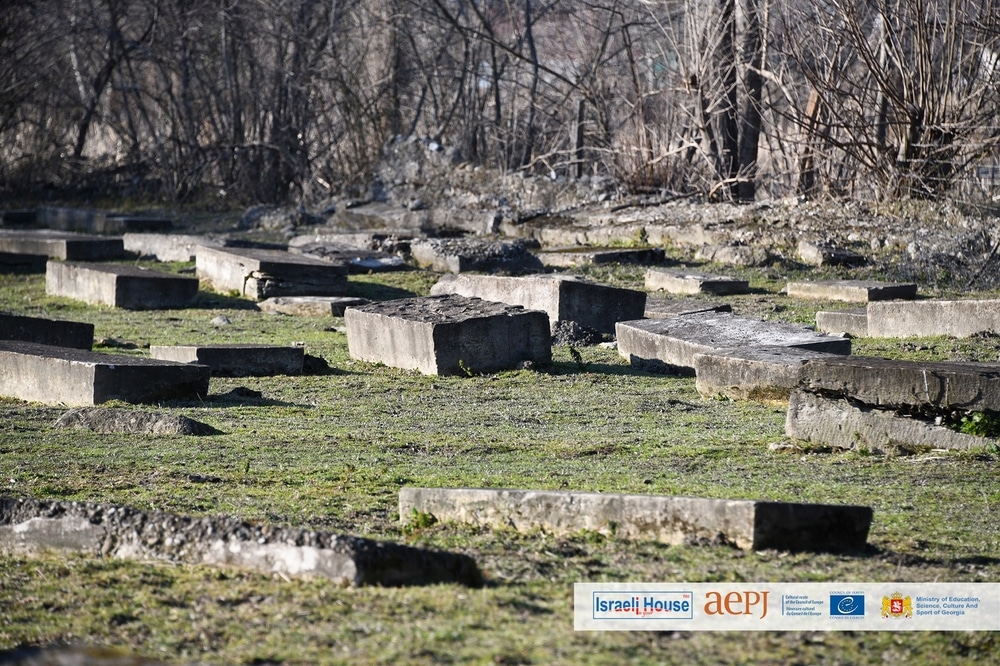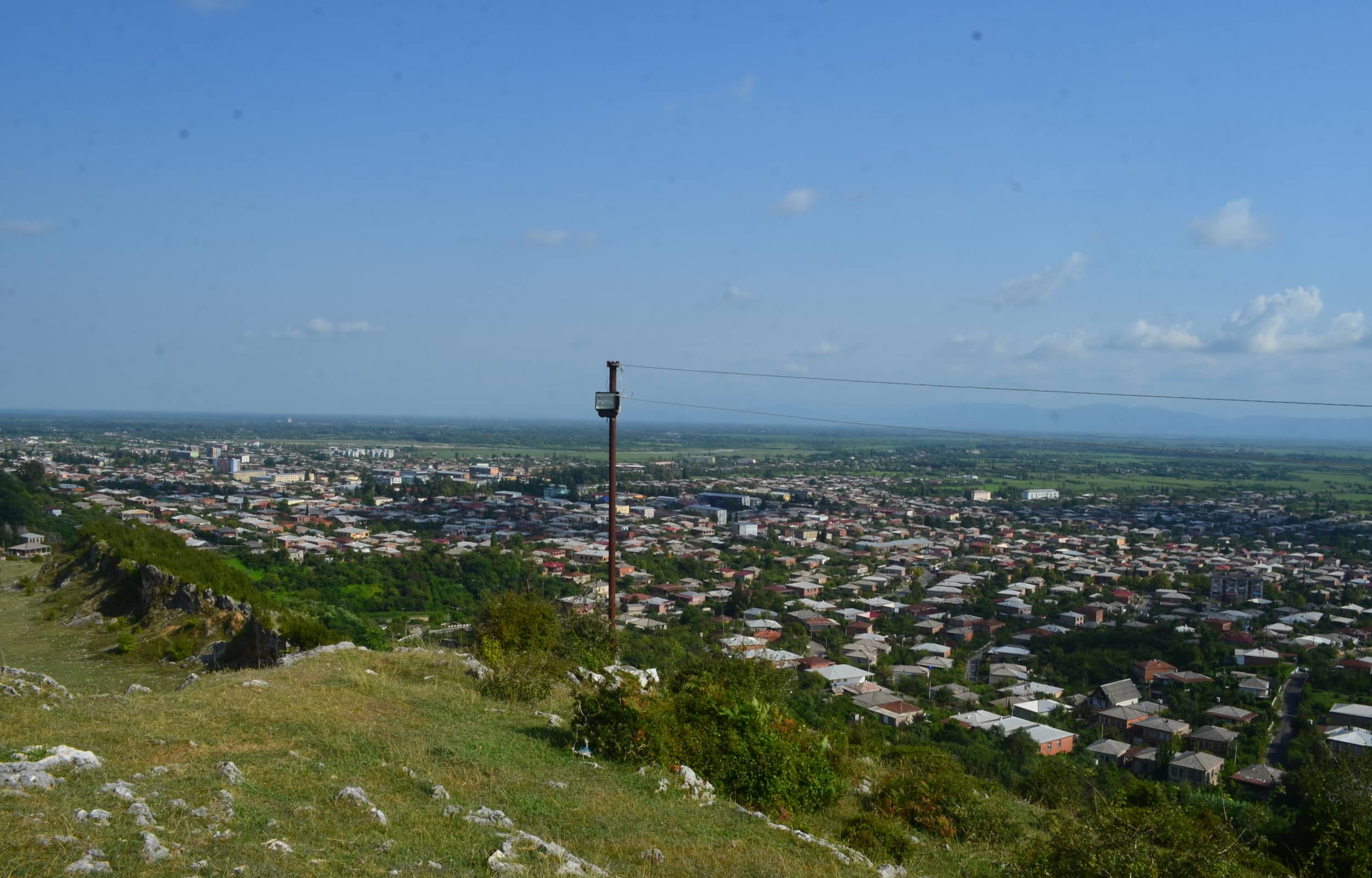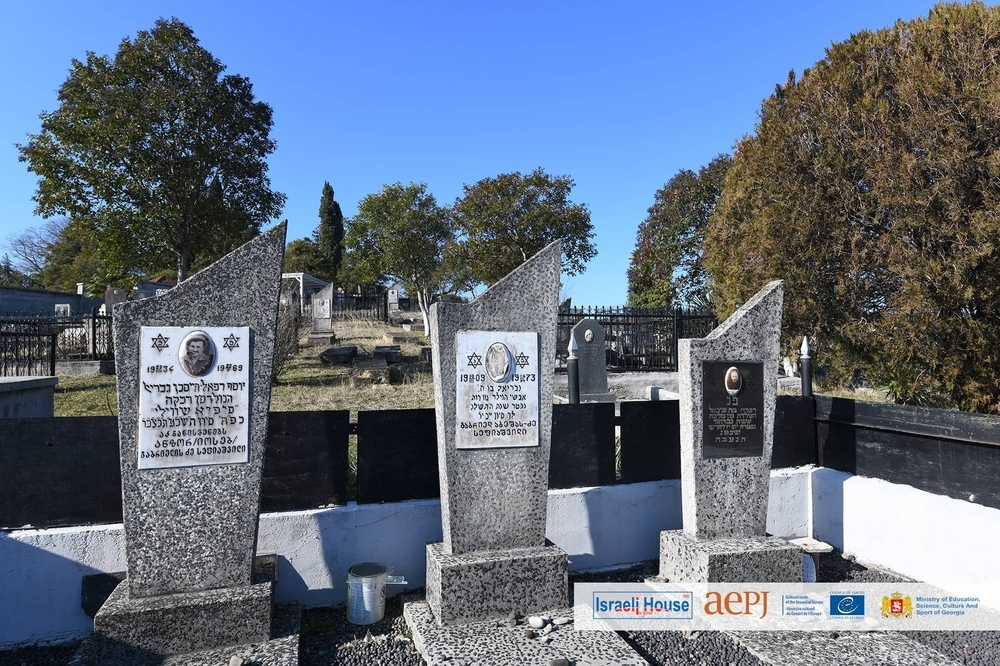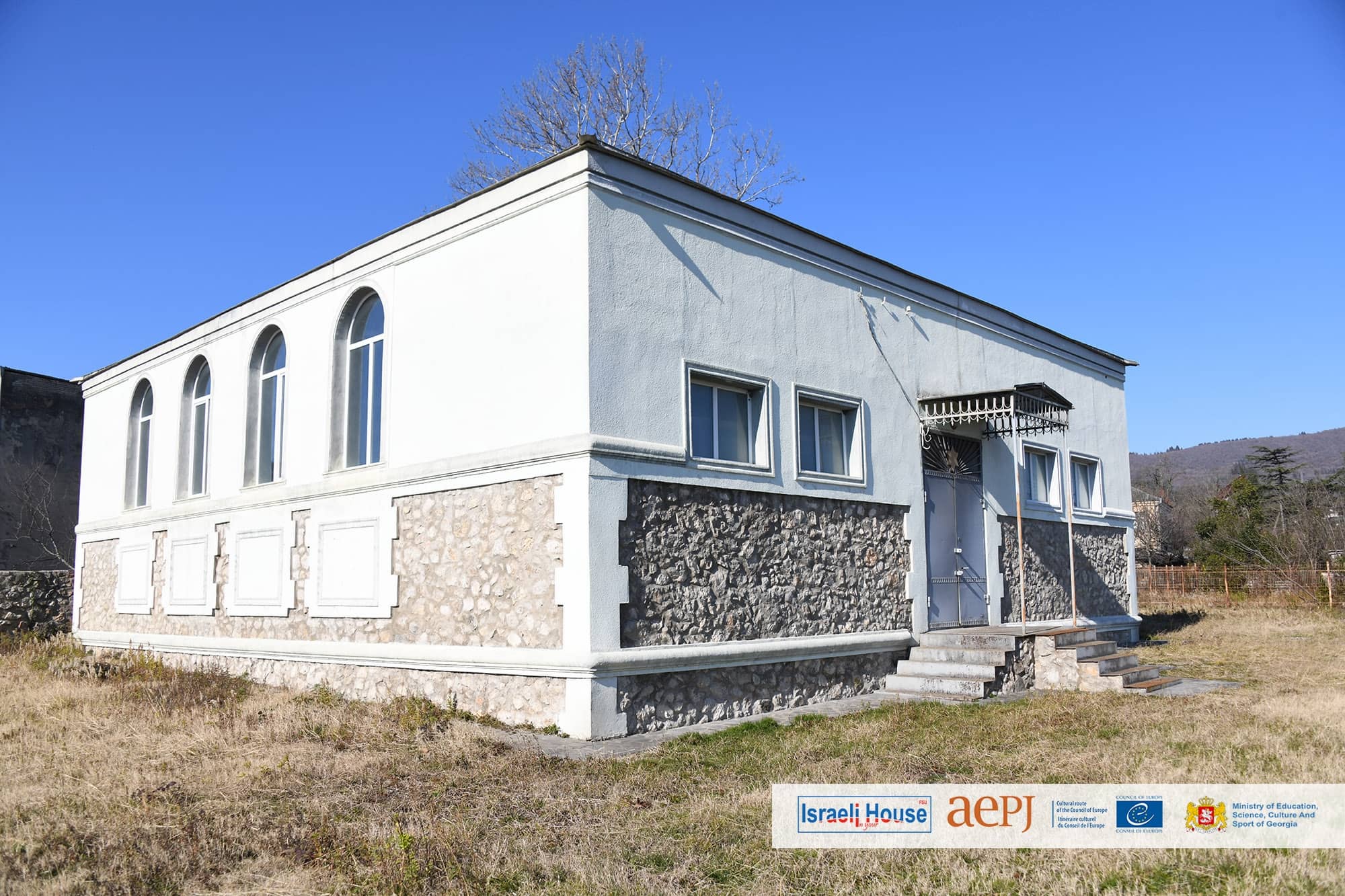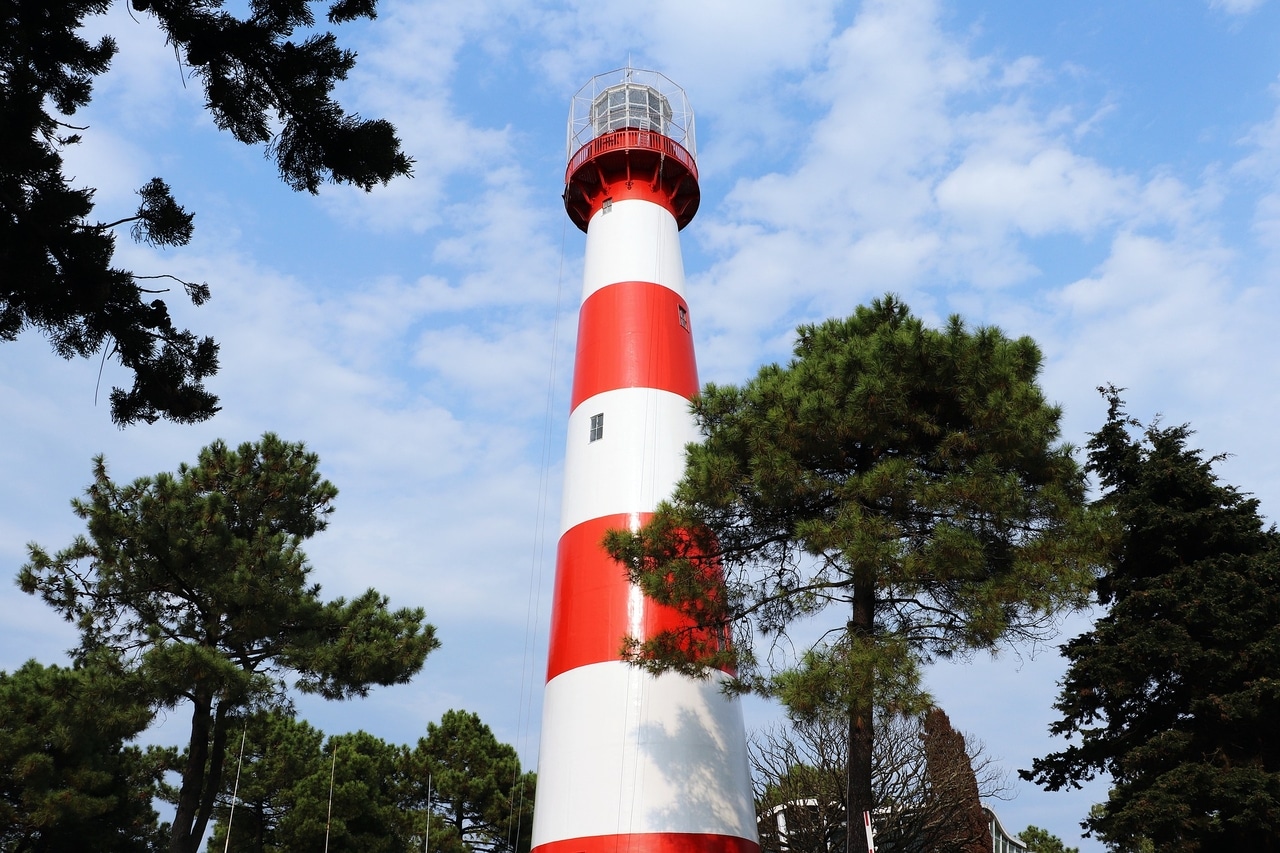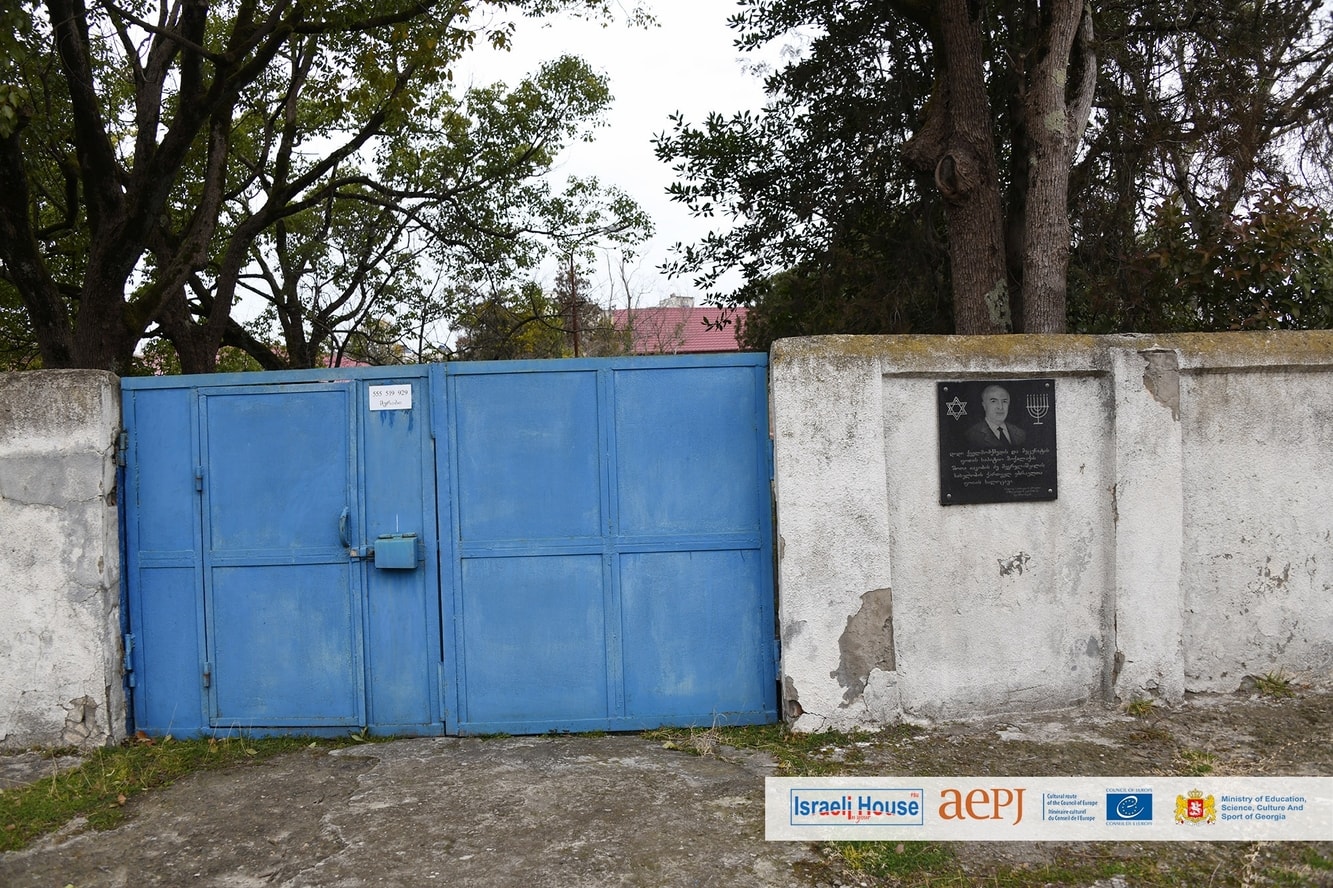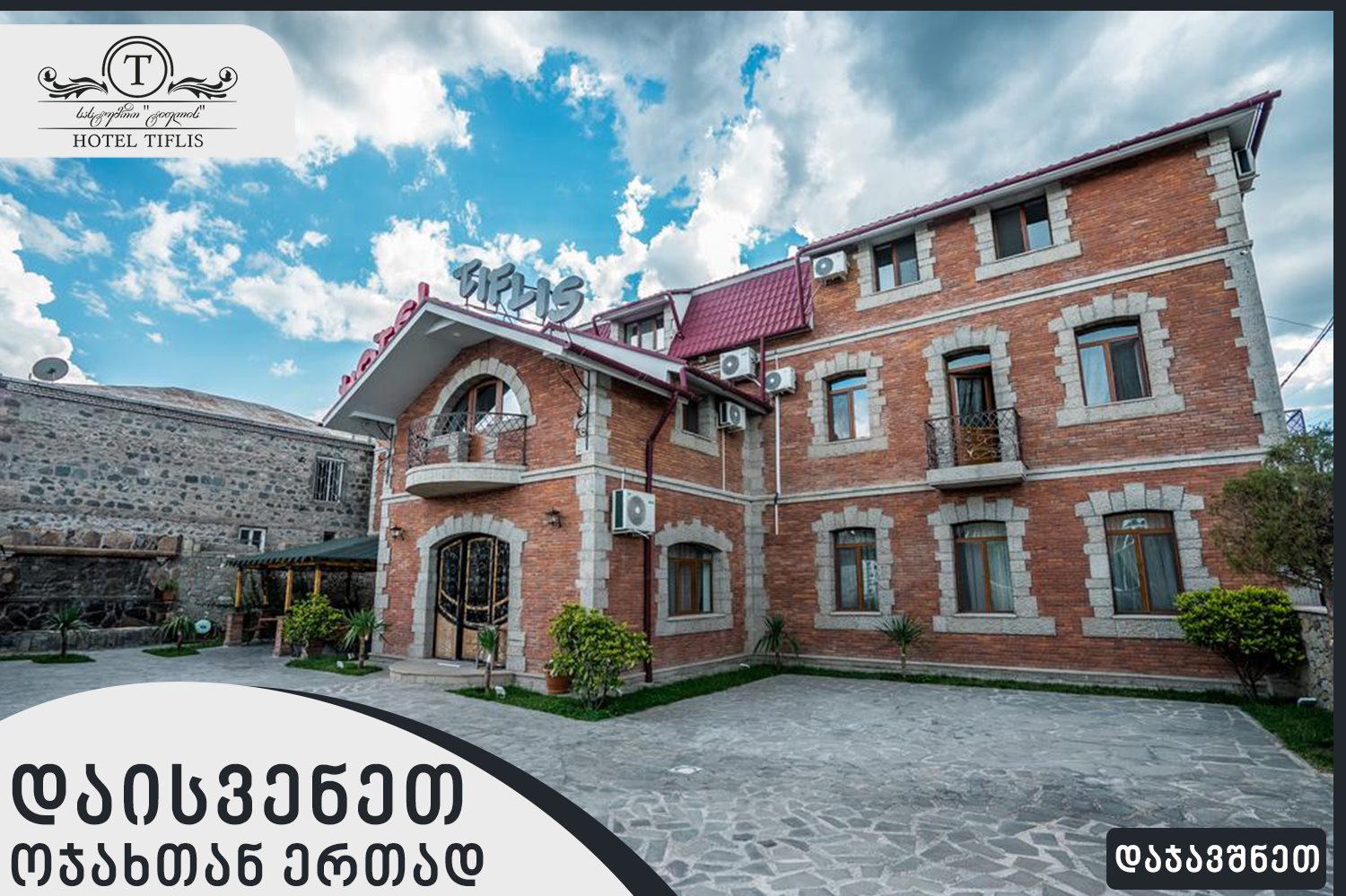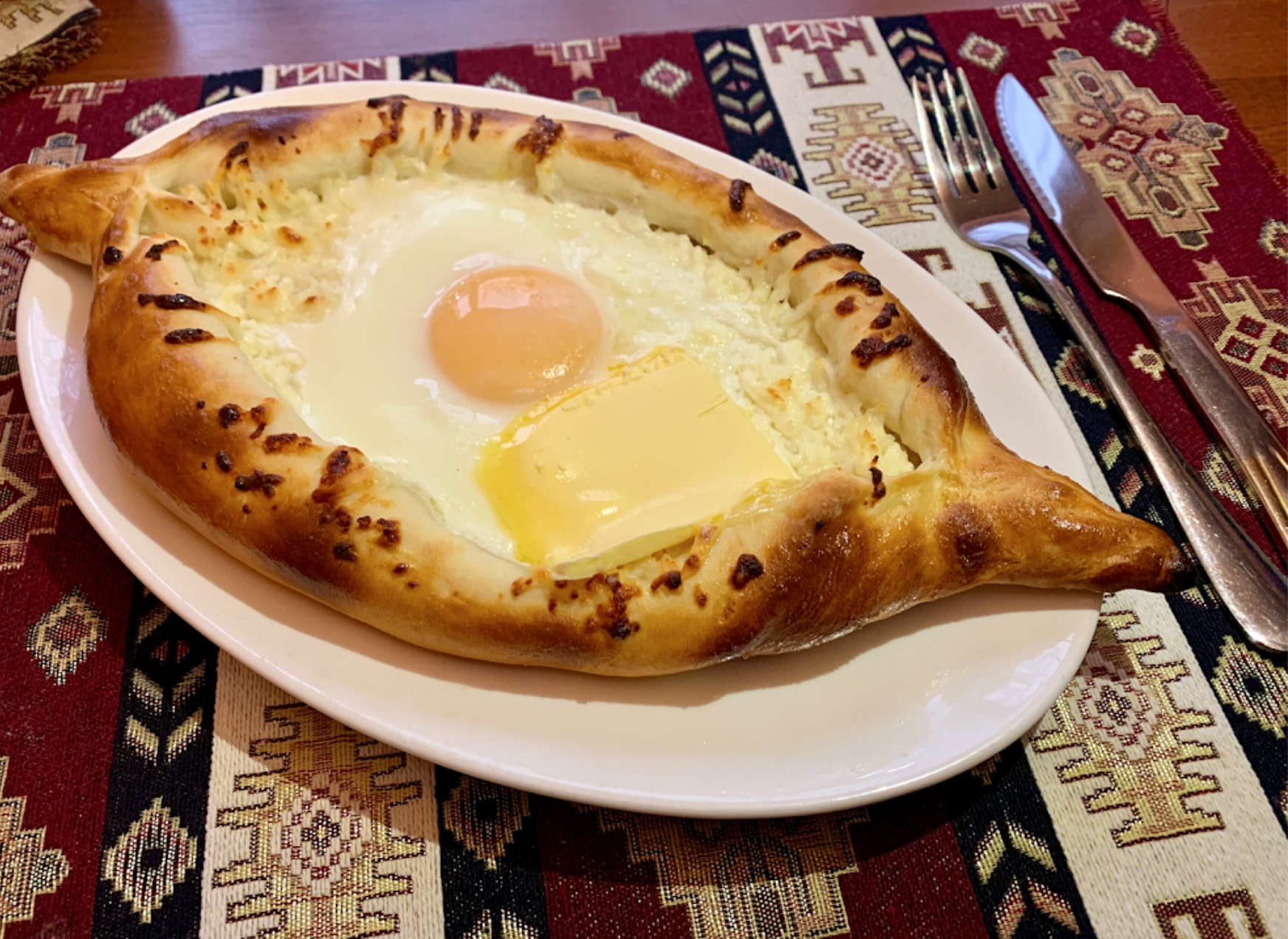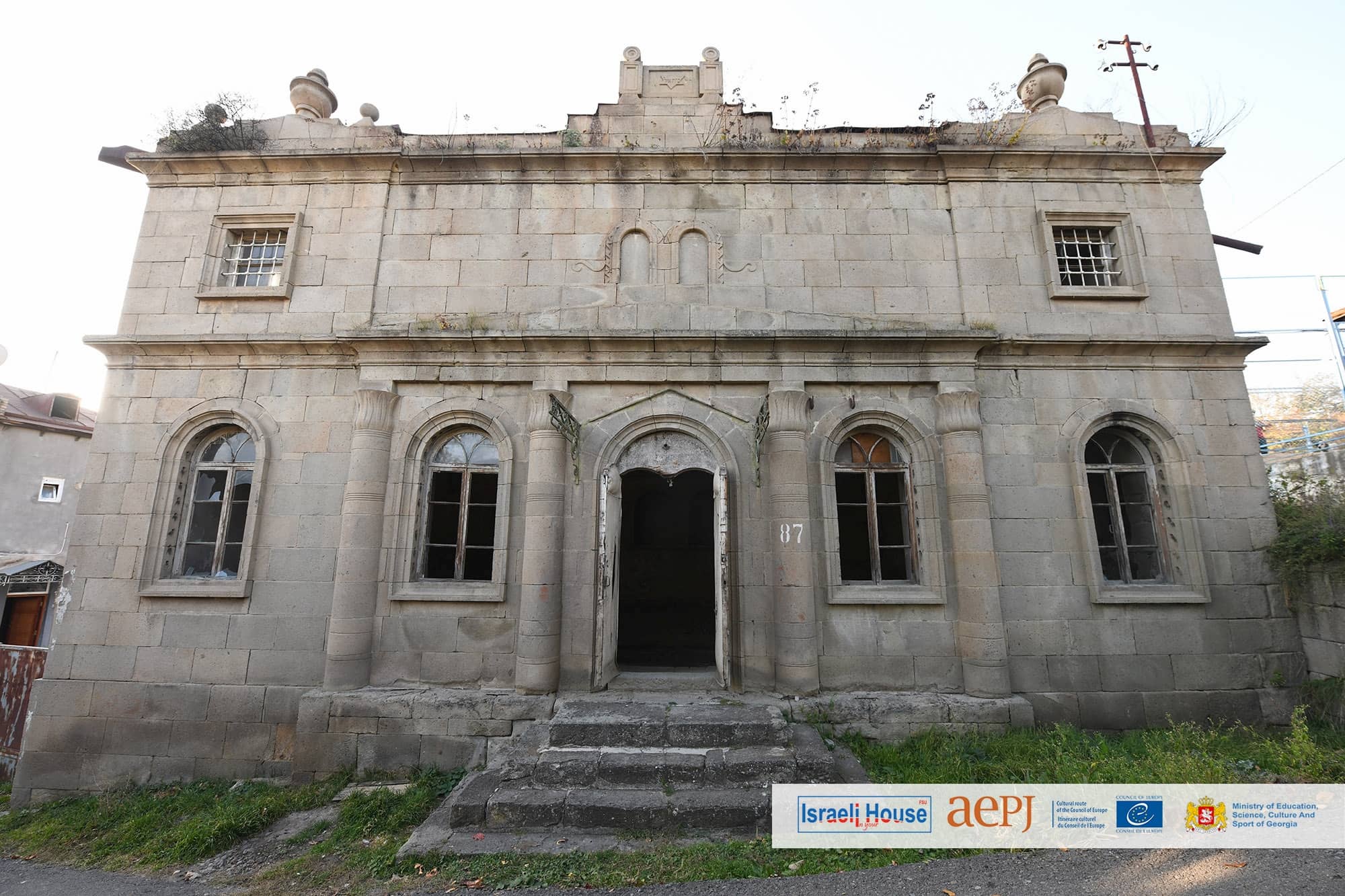The Jewish Graveyard in Bandza was opened in the 18th century. Even though it is currently inactive, it is well-groomed and fenced. Local residents are supervising the maintenance of the cemetery. People come from Israel to visit the graves of their ancestors from time to time.
Archives: Directory listings
Directory listings
Jewish Graveyard in Sujuna
There are two Jewish cemeteries in Sujuna, located side by side. Sure Subelashvili was a last Jew from Sujuna which was buried in one of the cemeteries. Both cemeteries have local caregivers. Relatives from Israel often visit the cemetery and the graves of their ancestors.
Town of Senaki
Senaki, located on the right bank of the river Tekhuri, is a town in western Georgia, specifically in Samegrelo-Zemo Svaneti region. We come across the Jews of Senaki or Tskhakaia for the first time in sources from the 19th century. According to one of the sources Itzhak Israelashvili had a debt of 200 Georgian Maneti (Russian Ruble). In 1869 traveler J. Chorny visited Senaki and pointed out in his writings that the Govern of Senaki promised to give him a permit to inhabit Kutaisi, because there was no place to pray in the town. There was a time when 3000 Jews inhabited this area; the number came down to one by the 2018 statistics; by this year there was just one man named Simon Tsitsuashvili left from the community. The Jewish sites you can find in Senaki are Synagogue, which was built in 1969 and the Jewish graveyard. In the 1940s or 1950s there were two active synagogues in the town. One, located in the center of the city, was built in 1880 and was destroyed by the government in 1946. Second one was located at the same place and was a two floor building; it was burnt down in 1963 but by the help of local Jews it was reconstructed. The synagogue was taken away from the Jews and was redesigned into a factory for cooling drinks.
Jewish Graveyard in Senaki
The Jewish Graveyard in Senaki is located in the village of Menji. It is in a good condition, well maintained and fenced. The cemetery is old, therefore it is difficult to read the Hebrew inscriptions on some of the tombstones. Joseph Mikhelashvili’s family is supervising the graveyard’s maintenance. Only one fence separates the Jewish and the Christian cemeteries. Jews often come from Israel to visit the graves of their ancestors.
Senaki Synagogue
Senaki’s stone Synagogue was built at the end of the 19th century and was active until the 1990s. Nowadays the Synagogue is in fair condition but it is inactive. The Synagogue was recently renovated specifically in 2014 by the Kartu Foundation, which was created in the year 1970, after Jewish inhabitant Sinmon Tsitsunasvili addressed the former premier minister Bidzina Ivanishvili. The synagogue is located at Peace avenue.
Town of Poti
Poti is a port city in Georgia, located on the eastern Black Sea coast in the region of Samegrelo-Zemo Svaneti in the western part of the country. Jews of Poti inhabited the place in 1958, once the place received the status of the city. Daniel Magashvili’s family was one of the five families who started the Jewish community in Poti. Near the middle of the 20th century there were 200 Jewish families in the city, brought by the need of viable resources. During that time the Rabbi of the city also worked for the Jews of Sokhumi and Batumi. Apart from Ashkenazi Jews there were the Jews of Sujuna, Bandza and Kutaisi. In 1886, 161 Jews inhabited Poti, 54 out of which were there temporarily. In 1945 Jewish community officially registered in the city. The Jewish site you can find at this place is an inactive Poti Synagogue, which was built in 1903.
Poti Synagogue
Poti Synagogue was built at the beginning of the 20th century and was active until the 1990s. The Synagogue was recently renovated in 2014 with the help of Bidzina Ivanishvili’s Foundation. The brick synagogue has one floor with windows on the walls which helps the intense lighting inside the building; the windows have beautiful paintings boarding them. Nowadays the Synagogue is in fair condition but it is inactive. The synagogue’s community before its closing was Georgian Jews. Today the building has the status of cultural monument given by the “Ministry of Culture and Sports of Georgia”.
Hotel Tiflis
Hotel Tiflisi is a wonderful place for family vacation, business meetings and corporate evenings. Hotel Tiflisi offers 23 high class comfortable and modern rooms. Our purpose is that guests feel comfortable and safe.
Restaurant Mimino
Stop by this restaurant near Rabati Castle with a splendid menu of Georgian cuisine provides authentic dishes at Restaurant Mimino.
Great Synagogue of Akhaltsikhe
The Great Synagogue, built in 1863, is located in Akhaltsikhe. This Georgian rite synagogue was extensively renovated in 2012 and now features a beautiful interior of painted wood. After the said renovation approximately 400 Jews used to go there to pray. Every patronymic had their place for praying. This building is built in neo-classical style and is made of stone. Today the building is used as a synagogue, which is part of the Jewish quarter and has national importance. It also has a status of Cultural monument given by the “Ministry of Culture and Sports of Georgia”. Partly used as a museum where the portraits of the generations of Rabbis who have officiated, it is open in summer for tourists, mainly Israeli, who come to visit the region.
